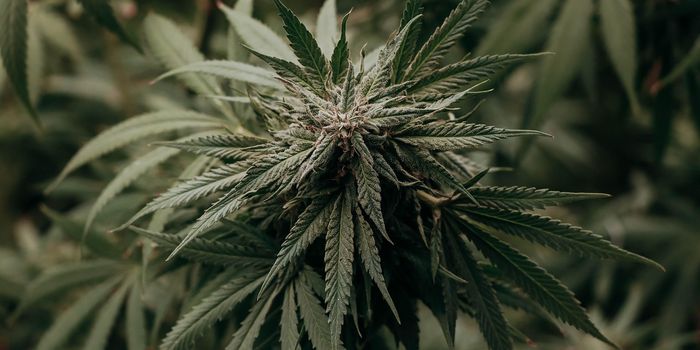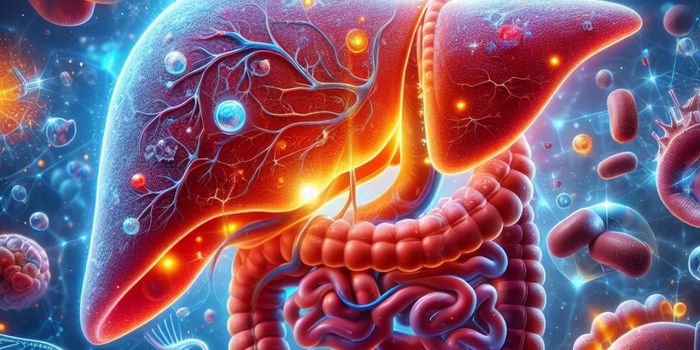Study Explores CBD's Cardioprotective Properties
A review and meta-analysis published in the Brazilian Journal of Pharmacognosy examined the role of cannabidiol (CBD) in lowering blood pressure. The findings suggest that CBD could potentially help manage blood pressure control. Cardiovascular disease is the leading cause of death globally, and untreated elevated blood pressure can lead to heart failure or stroke.
The research team evaluated the effects of CBD on systolic and diastolic blood pressure in humans. They used a comprehensive search of PubMed, Cochrane Library, Scopus, and Embase databases and identified four randomized controlled trials comprising 104 participants. Three studies assessed short-term administration, and one examined chronic use in hypertensive individuals.
The study suggested that specifically prolonged CBD use in hypertensive patients may be effective. Meta-analysis revealed a significant reduction in systolic blood pressure after acute CBD intake but no significant change in diastolic blood pressure. CBD dosing also resulted in reduced diastolic blood pressure, but the changes were not statistically significant.
Previous studies have highlighted the cannabinoid’s cardioprotective effects through antioxidant, anti-inflammatory, and vasodilatory mechanisms. Many studies have indicated CBD’s effectiveness in treating symptoms associated with diabetic cardiomyopathy, myocarditis, doxorubicin-induced cardiotoxicity, and ischemia-reperfusion injury.
This study builds on the established findings on CBD’s potential effectiveness in enhancing heart health. Further research is needed to determine CBD’s safety, efficacy, and clinical applicability in cardiovascular medicine. Specific attention to dosing amounts, cannabinoid formulations and diverse patient populations will provide useful information in determining effective and safe therapeutic applications. Extensive studies have focused on CBD use in animals, but there is a need for more research activity assessing CBD’s effectiveness in promoting human cardiovascular health.
Sources: Brazilian Journal of Pharmacognosy, Expert Opinion on Investigational Drugs, NORML








